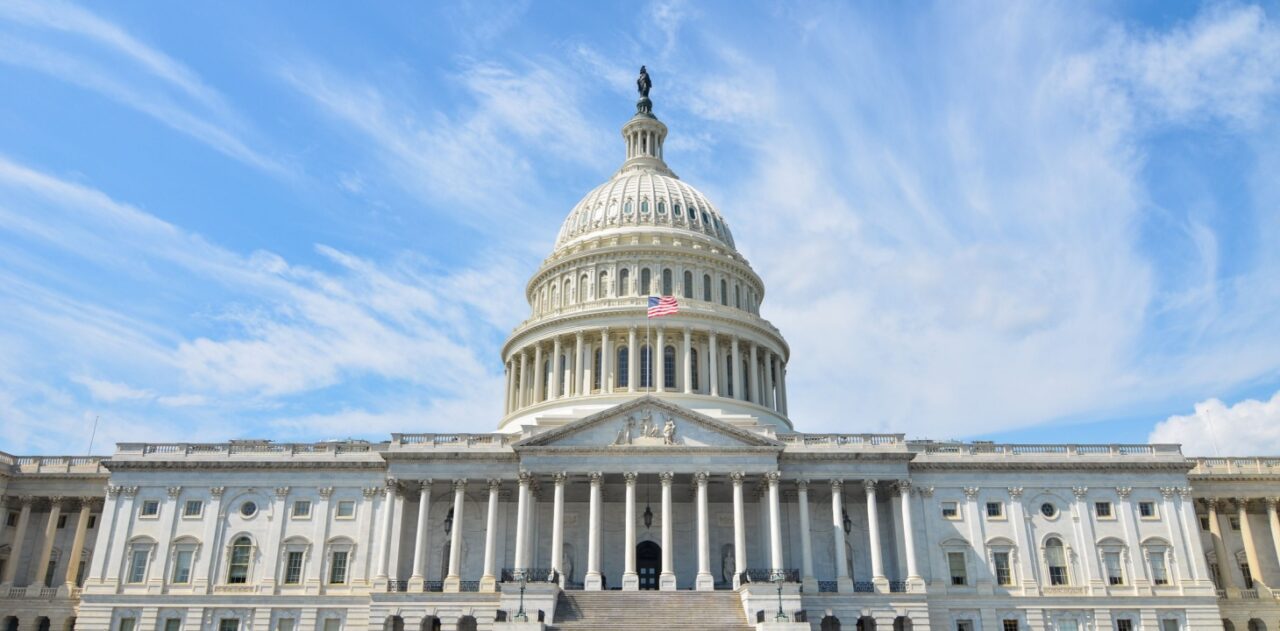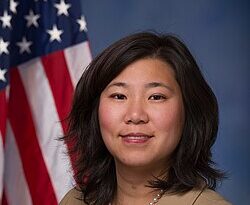New York’s New Congressional Delegation: Fewer Numbers, But More Influence
12.27.2022
This has been a tumultuous year in New York congressional politics. The 2020 Census, conducted entirely during the height of the COVID-19 pandemic, revealed a diminished population in the state resulting in New York losing a congressional seat. A drawn-out and contentious redistricting process resulted in bitter intra- and inter-party campaigns where senior congressional leaders were ousted from their long-held seats. A red ripple swept across Long Island and upstate, placing many Republicans as freshman members of the House of Representatives. Pundits predicted the decline of New York’s influence in Washington. But is that really the case, or is New York poised to benefit from a new political landscape and be a contender in both bodies and on both sides of the aisle because of the leadership and new rank-and-file members?
In the 117th Congress, which comes to a close on Dec. 31, New Yorkers chaired the powerful Judiciary, Oversight and Small Business committees, as well as several subcommittees in the Democratic-controlled House. When Congress convenes in January 2023, those positions will be gone. Republicans will hold the gavel, and none of the committees will be helmed by New Yorkers.
But there is some good news for New York in the new political landscape. New York is in a unique position, which few states have enjoyed, to have leadership in both bodies. In addition to the many roles the leaders play, they can advance floor consideration of key bills, block measures contrary to state interests and generally have the clout to look out for their home state.
Hakeem Jeffries will take the reins as House Minority Leader, the most senior position for the party not in power. Representative Jeffries has represented Brooklyn in Congress since 2013. As an attorney, he has served as a senior member of the House Judiciary Committee. NYSBA leadership has had the opportunity to meet with him and his office many times over the years on Washington lobby days and to work with them on issues important to the Association. He has long championed issues key to access to justice, including policing reform and immigration.
On the Republican side of the aisle, the number three leadership spot in the Republican-controlled House will be held by North Country Representative Elise Stefanik. The conference chair is responsible for guiding the messaging of the party in the House.
Across the Capitol in Washington, the leadership of the Senate will continue to be held by long-time Senator Chuck Schumer.
In addition to having leaders who are New Yorkers, there are new rank-and-file Republican members. There were 19 Democrats and eight Republicans representing the state in the 117th Congress. Next year, there will be 15 Democrats and 11 Republicans in the 26-member House delegation. This is key, since the House is now controlled by the Republican Party. While many of these Republican members are not in leadership positions yet, their votes are important to advance measures that are critical to the state. There is an old ad saying, “membership has its privileges. ”I would add that “congressional membership has its privileges” and “being in the majority has its advantages.”It is their bills that will move through committees and come to the floor for a vote. It is their agenda that gets in advanced.
There are no guarantees how issues will play out next year. There are many factors to consider. Democrats will narrowly control the Senate. Republicans will have the slimmest of majorities in the House. Republicans will not necessarily vote en bloc on every issue. It will only take a few members to vote with Democrats to derail a Republican agenda. President Biden, looking to cement his legacy – or build his reelection campaign – will seek wins either through compromises with Congress or through executive action. For example, he could pursue a ban on assault weapons, which he championed as a senator, or provide student loan relief or forgiveness, which is favored by many of his former Senate colleagues. Of note, these are also two federal legislative priorities of the Association.
It is imperative that all legislators, particularly newly elected representatives, hear from their constituents on issues of importance to them. That is why the New York State Bar Association will continue to advocate for its members and the legal profession. Early in 2023, the association will deliver its federal legislative priorities to Congress. The government relations department will work with association leadership to advocate and inform Congress on the topics. The association also serves as a resource for members of Congress as they develop their legislative agenda and key bills. NYSBA has experts across over 70 sections, committees and task forces that stand ready to assist the members of the congressional delegation.
While there is much uncertainty about next year in Washington, one thing you can count on is that NYSBA will be there fighting for access to justice and the integrity of the legal profession.






